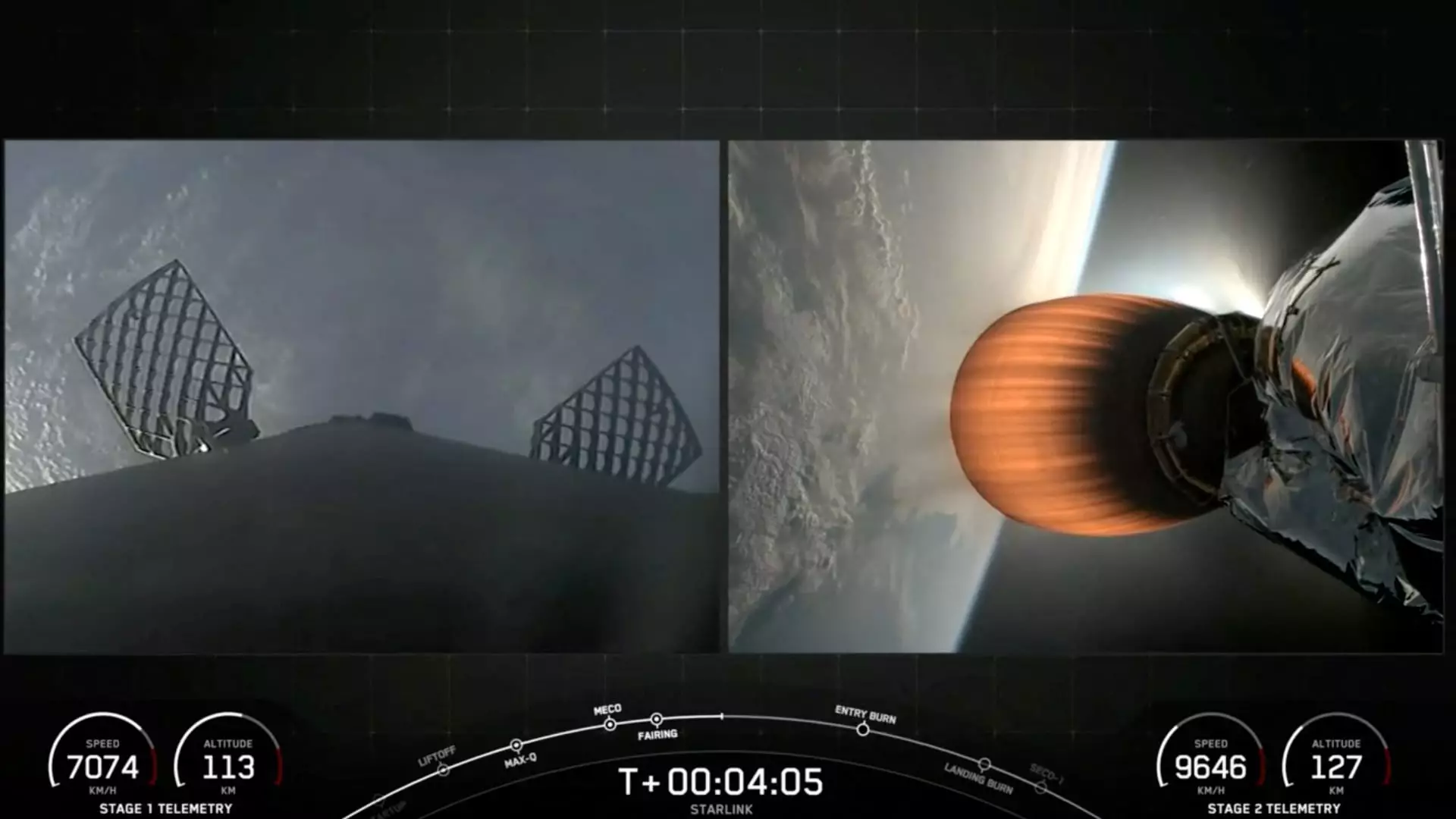SpaceX’s Falcon 9 rocket is currently grounded following an unexpected incident during the “Starlink Group 9-3” mission. The rocket, which launched from California’s Vandenberg Space Force Base, was carrying 20 satellites destined for low Earth orbit. While the lower first stage of the rocket performed as expected, the upper second stage encountered a problem with reigniting its engine, leading to its destruction. SpaceX CEO Elon Musk confirmed the incident, citing an “engine RUD” for reasons that are not yet fully understood. The rocket’s grounding is pending investigation by the Federal Aviation Administration, which must approve SpaceX’s final report and any necessary corrective actions before the Falcon 9 can resume operations.
As a result of the incident, upcoming launches, including two crewed missions, Polaris Dawn and NASA’s Crew-9, may face delays. The failed mission has highlighted the inherent risks of space exploration and underscored the importance of thorough safety protocols and preventative measures in the aerospace industry. Despite the setback, SpaceX managed to deploy 20 Starlink satellites, albeit in a lower orbit than initially intended. Efforts were made to salvage some of the satellites by utilizing onboard thrusters to adjust their position, but ultimately, the satellites are expected to re-enter the Earth’s atmosphere and burn up.
Falcon 9’s recent mishap marks a rare misfire for the dependable workhorse vehicle, which had maintained an impressive track record of success for nearly a decade. Prior to this incident, Falcon 9 had completed over 300 consecutive successful orbital launches, with the last in-flight failure dating back to June 2015. The rocket’s reliability and reusability have been cornerstones of SpaceX’s achievements in the aerospace industry, with more than 280 successful booster landings contributing to cost-effective space travel. Despite this setback, SpaceX’s commitment to innovation and exploration remains unwavering, as evidenced by their rapid pace of launches and continued advancements in space technology.
The incident involving Falcon 9 serves as a reminder of the inherent risks and complexities associated with space travel. It underscores the importance of rigorous testing, thorough safety protocols, and continuous improvement in the aerospace sector. SpaceX’s transparent approach to the investigation and commitment to addressing the root cause of the failure are crucial steps in preventing similar incidents in the future. While setbacks are inevitable in the pursuit of advancements in space exploration, it is through perseverance, resilience, and a dedication to safety that companies like SpaceX can overcome challenges and continue pushing the boundaries of human ingenuity in space.
The recent failure of SpaceX’s Falcon 9 rocket is a sobering reminder of the unforgiving nature of space exploration. Despite this setback, the incident underscores the need for ongoing vigilance, learning from failures, and prioritizing safety above all else in the pursuit of innovation in the aerospace industry. SpaceX’s unwavering commitment to pushing the boundaries of space technology, coupled with a dedication to transparency and improvement, will undoubtedly lead to valuable lessons learned and a stronger foundation for future successes in space exploration.

